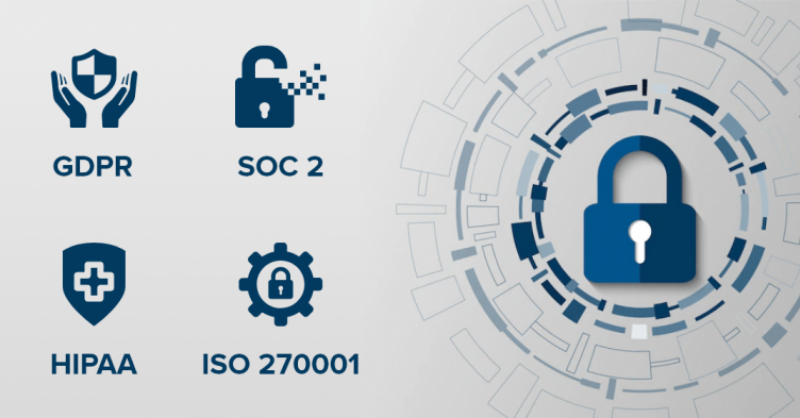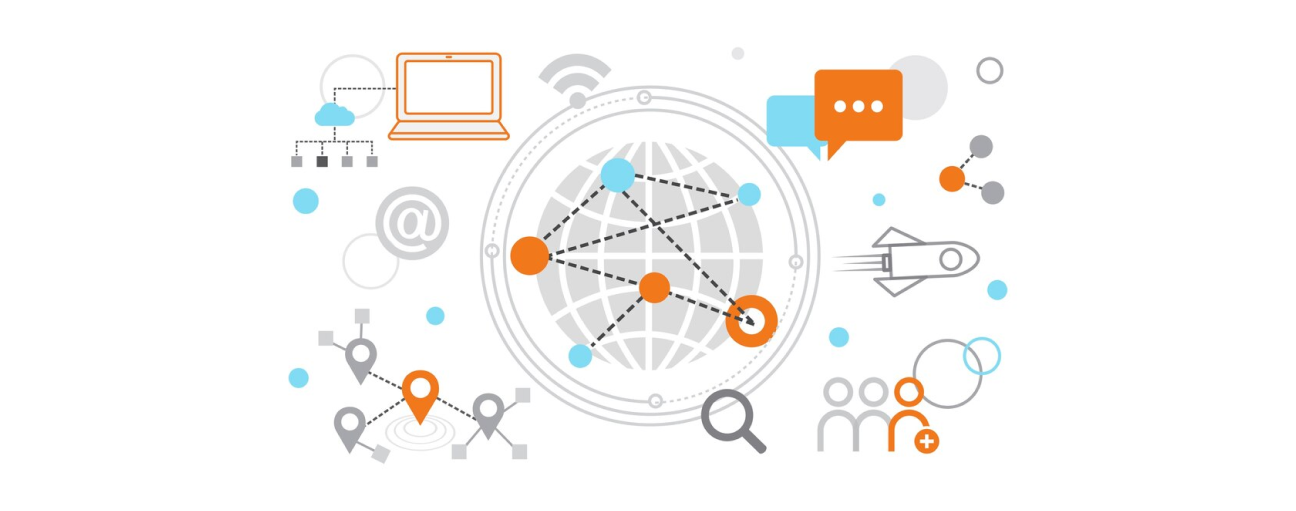Introduction
The advent of digital technology has revolutionized the way we communicate, making communication faster, easier, and more convenient than ever before. With the rise of chat messaging, communication has become even more efficient and effective, transforming the way we interact with one another in both personal and professional contexts. In this article, we will explore the ways in which chat messaging is changing communication in the digital age.
The Evolution of Communication in the Digital Age
The digital age has brought with it a plethora of communication tools, from email to video conferencing to social media platforms. While these tools have all been revolutionary in their own right, none have had quite the same impact as chat messaging. Unlike email, which can be slow and cumbersome, and social media platforms, which are often designed for broadcasting rather than real-time conversation, chat messaging offers a way to communicate quickly and easily with individuals or groups in a way that feels natural and effortless.
The Emergence of Chat Messaging
The origins of chat messaging can be traced back to the early days of the internet, when instant messaging platforms such as ICQ and AOL Instant Messenger first emerged. However, it was not until the widespread adoption of smartphones and the advent of mobile messaging apps such as WhatsApp and Facebook Messenger that chat messaging truly came into its own. Today, chat messaging is ubiquitous, with billions of people around the world using messaging apps to stay in touch with friends and family, collaborate with colleagues, and conduct business.
The Benefits of Chat Messaging

Chat messaging has become a ubiquitous mode of communication in today's digital age. It has numerous benefits, including:
1 - Convenience: Chat messaging allows for instant communication from anywhere at any time. You can quickly send a message to someone without worrying about the time of day or their availability.
2 - Efficiency: Chat messaging is a very efficient form of communication as it allows for quick and concise messages to be sent and received. It eliminates the need for lengthy phone calls or emails.
3 - Multitasking: Chat messaging allows you to multitask while communicating with others. You can carry on with your work while still engaging in a conversation.
4 - Record Keeping: Chat messaging provides a record of communication that can be referred to in the future. This can be useful for referencing details of past conversations or for keeping track of important information.
5 - Accessibility: Chat messaging is accessible to everyone, regardless of their location or ability to speak on the phone. It is also beneficial for people with disabilities, as it provides an alternative form of communication.
6 - Personalization: Chat messaging allows for personalization through the use of emojis, gifs, and other multimedia elements. This helps to convey emotions and express oneself in a more engaging way.
Overall, chat messaging offers a range of benefits that make it a popular and effective mode of communication in both personal and professional settings.
Chat Messaging and the Changing Landscape of Business Communication
Chat messaging is also transforming the way businesses communicate with customers and clients. Many businesses now use messaging apps to offer customer support, allowing customers to quickly and easily communicate with a support representative in real-time. This can help to improve customer satisfaction, reduce response times, and increase customer loyalty.
In addition, chat messaging is also being used to facilitate collaboration within businesses. Many companies now use messaging apps to connect team members, share files, and coordinate projects, making it easier to work together and stay on top of tasks.
The Impact of Chat Messaging on Social Communication
Chat messaging is not just changing the way we communicate in professional contexts; it is also having a profound impact on social communication. Messaging apps offer a way to stay in touch with friends and family in a way that feels natural and intimate, and can help to maintain relationships across distance and time zones.
However, chat messaging is not without its downsides. Some argue that the convenience and immediacy of messaging apps can lead to a sense of urgency and a constant need to be connected, which can be detrimental to mental health and wellbeing. In addition, there are concerns around privacy and security, with many messaging apps collecting and storing user data.
Chat Messaging and Privacy Concerns

The issue of privacy and security is a major concern when it comes to chat messaging. Many messaging apps collect user data, including personal information and conversation history, which can be used for targeted advertising or sold to third-party companies. In addition, there have been concerns around government surveillance and the potential for messaging apps to be hacked or breached.
While chat messaging has numerous benefits, it also raises privacy concerns. Some of the common privacy concerns associated with chat messaging include:
- Data Security: Chat messaging apps may collect and store user data, which can be compromised resulting in data breaches or identity theft.
- End-to-End Encryption: Not all chat messaging apps offer end-to-end encryption, which leaves messages vulnerable to interception or hacking.
- Metadata: Chat messaging apps can collect metadata, which can be used to track user behavior and target advertising.
- Third-Party Access: Some chat messaging apps allow third-party apps to access user data, which can compromise privacy.
- Permissions: Chat messaging apps may require access to certain permissions, which can be used for other purposes without user consent.
To address these concerns, it is important to use chat messaging apps that prioritize user privacy and security. Users should also be aware of their privacy settings and permissions and only provide access when necessary.
The Future of Chat Messaging
As chat messaging continues to evolve, it is likely that we will see new features and innovations that further enhance its usefulness and convenience. For example, many messaging apps are now integrating artificial intelligence and chatbots, which can help to automate certain tasks and provide personalized recommendations and assistance.
In addition, we may see an increased focus on privacy and security, with messaging apps becoming more transparent about how they collect and use user data, and offering greater control and options for users to manage their privacy settings.
Conclusion
The rise of chat messaging has had a profound impact on communication in the digital age, transforming the way we interact with one another in both personal and professional contexts. While there are certainly concerns around privacy and security, the benefits of chat messaging in terms of speed, efficiency, and versatility cannot be denied. As we look to the future, it is likely that chat messaging will continue to play a central role in the way we communicate, offering new opportunities and challenges for individuals and businesses alike.





